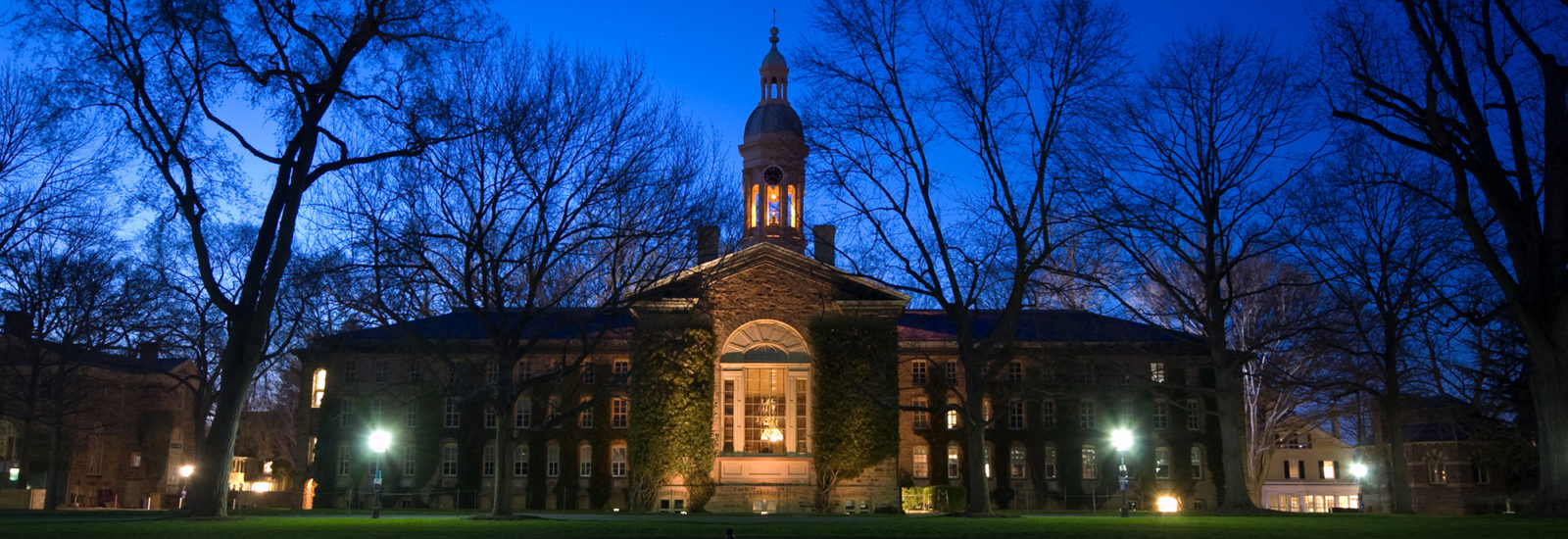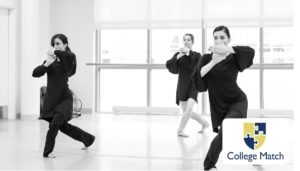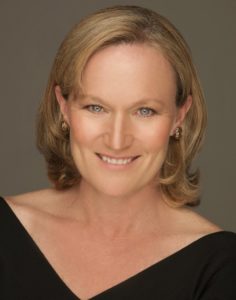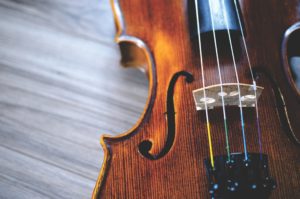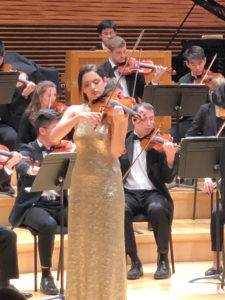Here is some advice that might be useful…
by Diane Coburn Bruning
Dancers considering studying dance beyond high school often want to know if dance is an impractical major? They often ask “what kinds of work could I get from this major if I do not make it as a performer?”
Here is my advice to high school dancers:
Ask yourself if you can do anything else and if so, then do it. If you don’t have a ridiculous passion for dance, then do something else and have dance as a wonderful hobby. satellite maps.
Passion is rarely practical; one would be wise in the case of dance and the performing arts in the U.S. to think from the start of the what ifs and the what elses. What if you pour all your effort, talent, and time (and your parents’ money) into dance and then do not get offers as a performer? What if you get seriously injured and may not perform? What if you are able to perform professionally but it is not providing a living wage?
There is no harm or lack of dedication in pursuing another related area that might provide the time and income for you to continue to dance unless or until you land performing work. But if you go to college for dance, it would be discouraging (at least to your parents) to be the proverbial waiter or waitress after graduation while trying to “make it.” Consider utilizing your electives to minor in another area such as arts administration or become certified in Pilates. These could provide part-time work for you once out of school while you continue to train, audition, or perform.
Happily the days of professional dancers getting to retirement age and saying, now what? are fairly much gone. Years ago New York City Ballet started a joint program with Fordham University accommodating the dancers’ desires to get a college education while dancing. They became surprisingly practical about second careers in related or unrelated areas even as they were just joining or rising within one of the most incredible ballet companies in the world! They have set an example of practicality within their dedication for the reality of a short performing career and acknowledging there is life after leaving the stage.
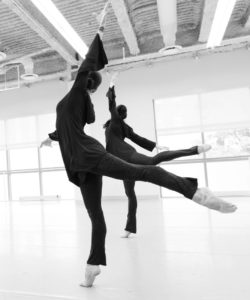 So plan a parallel track. If you love to teach, great, but pursue that seriously and not just as a default-colleges and schools want strong credentials and professional experience. If you think you may love to create, study composition and music and the great works of the repertoire and get some of your fellow dancers in a studio and start creating. If you are organized, analytical and have strong leadership qualities, consider the possibilities of working within a dance or other performing arts organization in administration, development or marketing. Do an internship and see if you love to help the artists get to stage and the public to see them. Many artists work as teaching artists in the schools which is incredibly important work as dance is rarely offered in education; it can be very fulfilling and is rarely a full- time endeavor.
So plan a parallel track. If you love to teach, great, but pursue that seriously and not just as a default-colleges and schools want strong credentials and professional experience. If you think you may love to create, study composition and music and the great works of the repertoire and get some of your fellow dancers in a studio and start creating. If you are organized, analytical and have strong leadership qualities, consider the possibilities of working within a dance or other performing arts organization in administration, development or marketing. Do an internship and see if you love to help the artists get to stage and the public to see them. Many artists work as teaching artists in the schools which is incredibly important work as dance is rarely offered in education; it can be very fulfilling and is rarely a full- time endeavor.
If designing for the stage may be of interest, consider costume, lighting and scenic design study. Most schools with strong dance programs also have strong production departments. Take courses and assist the designers in production. Consider stage management and crew. Who could better call a dance performance than a stage manager who is a trained dancer? But put in the time and effort to learn it at school; it too is a serious skill acquired through effort.
Seek advice from a performing arts professional, a current dance major, a professional dancer who went to college, or a college counselor specializing in the performing arts. They can discuss your goals and give you more ideas about your optimal path or paths.
Take advantage of being in college. There are few other places that offer so many opportunities to experience many facets of your passion beyond performing. Start answering the what ifs and what elses with a plan. (Your parents will breathe easier.)
Diane Coburn Bruning is an award-winning choreographer and Founding Artistic Director of Chamber Dance Project. Diane leads College Match’s dance support. Diane is a dance graduate of Butler University and NYU and has been a guest artist at over 30 university dance departments.
